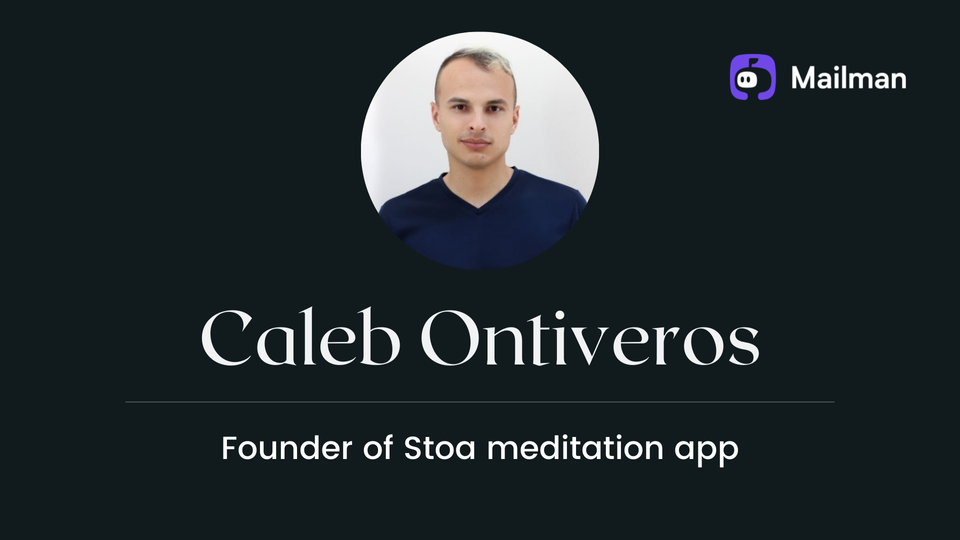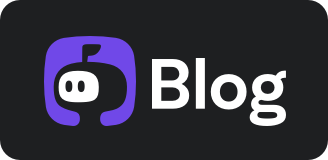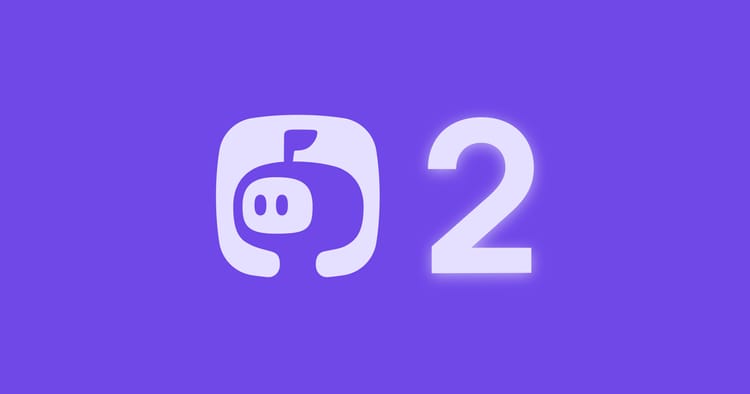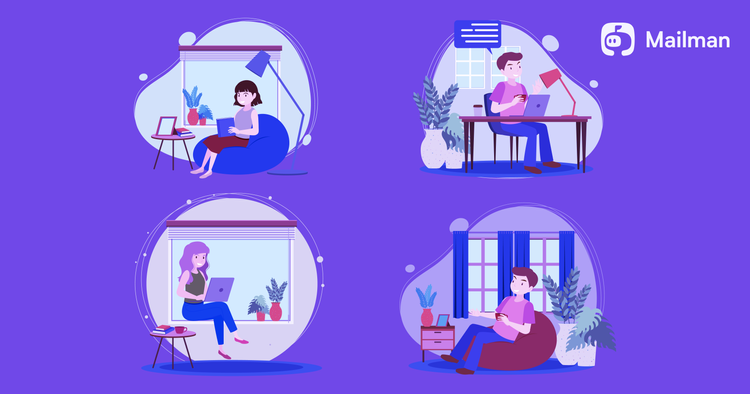Working in work cycles

Before we start, what is a "work cycle"?
A work cycle is an (ideally) uninterrupted block of time to focus on the task at hand.
Caleb Ontiveros, founder of Stoa meditation app, has been "working in work cycles" for 3 years now.
Here's what it looks like for him-
"I structure my workday in work cycles. It goes like, I'll spend 50 minutes working and then I'll take a 10 minutes break. That's what 1 cycle looks like. I typically do about 8-10 such cycles a day.
Before every work cycle, I make sure I know what I'm going to work on in that cycle. And after every work cycle I take a few minutes to reflect how well it went.
That said, not every task fits into 50 minutes. Some tasks do go over that 50 minute mark and that's fine.
I've been doing this pattern for 3 years now. It works well for me. I give myself small 10 minutes break after every task, and that helps me recharge for the next work cycle."
Work cycles can be great way to make sure you get adequate breaks at frequent intervals. Perfect for those who struggle with overworking themselves.
Do try out the work cycle way of structuring your day and see if it can work for you.
In this episode, Caleb also shares how he built a meditation app that helps practice Stoic principles, what his typical day looks like, 3 reflective exercises everyone can benefit from, how he uses Roam to stay productive, and more.
Let's dive in!

Caleb introduces himself
Hey I'm Caleb, founder of a philosophical medication app called Stoa. I've also worked as a software engineer in a number of startups.
Talking about Stoa, it's a meditation app that's grounded in the philosophy of stoicism.
It's a philosophy that was developed in ancient Greece and Rome, adopted by a number of famous personalities like Seneca and Marcus Aurelius.
There's a lot of very useful insights and practices to the philosophy, so much so that it has been a key inspiration for much of modern psychotherapy.
The Stoa app provides you with all those ancient practices and resources for the practice of stoicism.
How meditation and stoicism tie into each other?
Stoicism involves a good number of contemplative and reflective practices. People like Seneca were actively reflective. Asking questions like, "What am I doing?", "What I could do better?", "What I should do next?", is an integral part of Stoicism.
Meditation is a great way to observe your thoughts and reflect on everything. It helps you slow down to take stock of everything and then act better going forward. This can only happen if you're regularly reflecting, and meditation lets you do that very well.
The Stoa app helps you do it easily as it, with guided meditations that you can plug in your ears and follow the instructions. Stoa also has a number of conversations with psychotherapists that can help too.
Why another meditation app?
Stoa is something that I wanted to exist for myself, so I built it. There are a number of meditation apps but none with a "stoic" framing.
I was in a pretty good position to build it myself, as I have that background in programming and philosophy. So I just went ahead and built it. It's definitely a different kind of meditation app, one that helps you practice stoicism better.
How he stumbled on Stoicism?
The first time I got introduced to Stoicism was when I was an undergrad philosophy student. At that time I read a book by Epictetus. The book contained some of his best ideas, including stoicism. Honestly, the idea didn't speak to me at the time.
But later, I read this book called Anti-fragile by Nassim Nicholas Taleb. This was around 2014/15. That was the time I realized there's a lot of value in Stoicism. Then I went on to read Seneca, The letters from a Stoic, and Marcus Aurelius. So that was how I got into Stoicism.
Reading about Stoicism Vs Practicing Stoicism
Reading and practicing stoicism are 2 different things. I would encourage anyone to do both. As reading can help you understand the stoic ideas, while practicing can help you live a better life using the stoic philosophies.
Meditating everyday
I meditate everyday for about 20-30 minutes. What it looks like, is sitting at a quiet place and plugging in one of the sessions on the Stoa app. I typically do the meditation which involves paying attention to my breath. That helps me calm down and live in the moment.
A typical day in his life
I wake up at will and eat breakfast. That's the first thing I do. Then I'll check my emails. Then my meditation session starts. It goes on for, like I said, 20-30 mins. After that I hop on to whatever I've to focus on for the day.
I structure my workday in work cycles. It goes like, I'll spend 50 minutes working and then I'll take a 10 minutes break. That's what 1 cycle looks like. I typically do about 8-10 such cycles a day.
Before every work cycle, I make sure I know what I'm going to work on in that cycle. And after every work cycle I take a few minutes to reflect how well it went.
That said, not every task fits into 50 minutes. Some tasks do go over that 50 minute mark and that's fine.
I've been doing this pattern for 3 years now. It works well for me. I give myself small 10 minutes break after every task, and that helps me recharge for the next work cycle.
Before I close the day, I reflect on my day on what went well, what could I do better and what I need to do tomorrow. This is a good exercise to do at the end of the day.
Then, I wrap up my day at around 9 PM. Some days I finish earlier by around 6, if I have something like a date night with my partner. But typically the day ends at 9.
3 Reflective exercises everyone should practice
If you look at my day, you'll see that I constantly reflect on the work that I'm doing. I do it for a brief moment after every work cycle, then at the end of each day, then at the end of week, every 6 months, and lastly at the end of the year.
In every reflection, I ask myself 3 questions:
- "What went well?"
2. "What could I do better?"
3. "What I need to do next?"
There 3 questions will give me a good enough sense of where things are and where they're headed. More people should practice this reflective approach.
Tools for being productive
I use Roam for notes, Todoist app for tasks and then my calendar app.
How he uses Roam?
I actually wrote an article about how I use Roam on my website. You can read it here.
Basically I have different templates for work cycles. At the very top of the page is a block that has all my weekly goals written. From that I derive what I should be doing for the day. At the very end I have my evening reflection block.
On burnout
Whenever I feel I'm nearing burnout, I'll simply take a longer break on the weekend. Otherwise I usually work for 6 days a week. But if I feel I need a longer break, I allow myself that.
Besides, when you're in such a situation, it's important evaluate the reason behind it. There can be a variety of reasons for burnout. It can be something fundamental like you're simply not interested in the project. Or it can be something rudimentary like you being tired.
Whatever is the reason, it is important to find and acknowledge that, because the recovery will be different for different causes. For example, a break won't make a boring project exciting. So it's really important to pin point the right reason behind burnout.
On building a new habit
Recently I've been building this habit to try and not consume any media that's not relevant to any of my current projects. The reason why I'm trying to build habit this is, I started watching political debates and news. But they weren't helping me in any way. Just sucking up my valuable time and attention. So I made a conscious decision to try and not consume irrelevant media.
Now I've started tracking how often I watch/listen to irrelevant media. It can be news, YouTube videos, or podcasts not related to my projects. But I do allow it once a day.
How to get the creative juices flowing?
I feel going on walks has been really helpful for me. A lot of interesting ideas come up while I'm on a walk. Another one is listening to music. I usually listen to music when I'm working, or if I'm stuck at a point. Music helps me find the flow again.
One extra hour
If I got 1 extra hour everyday, I would spend it with friends. Or maybe working on exciting projects. Those are the 2 things that matter to me, meaningful relationships and meaningful projects. That's where I would spend that extra hour.
How to reach Caleb?
Feel free to email me at calebmontiveros@gmail.com. I'm also on twitter, and do check out Stoa meditation app.





